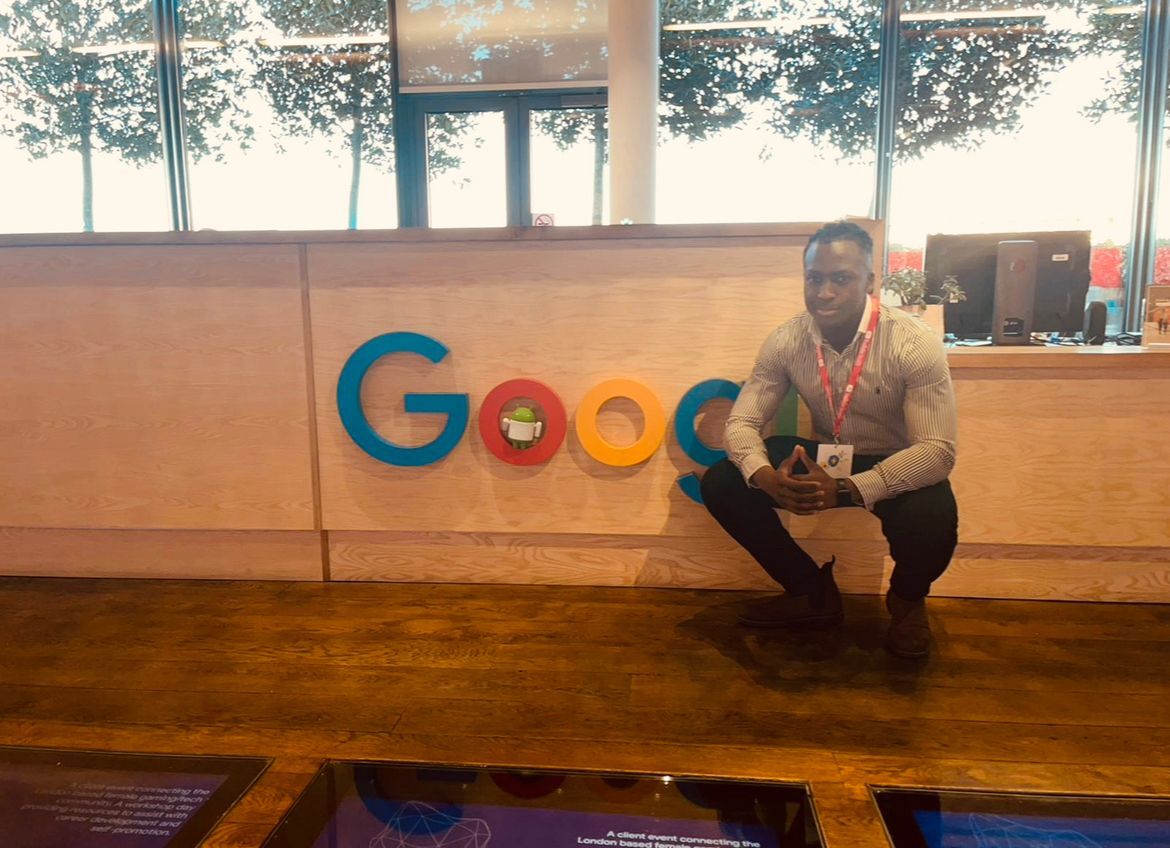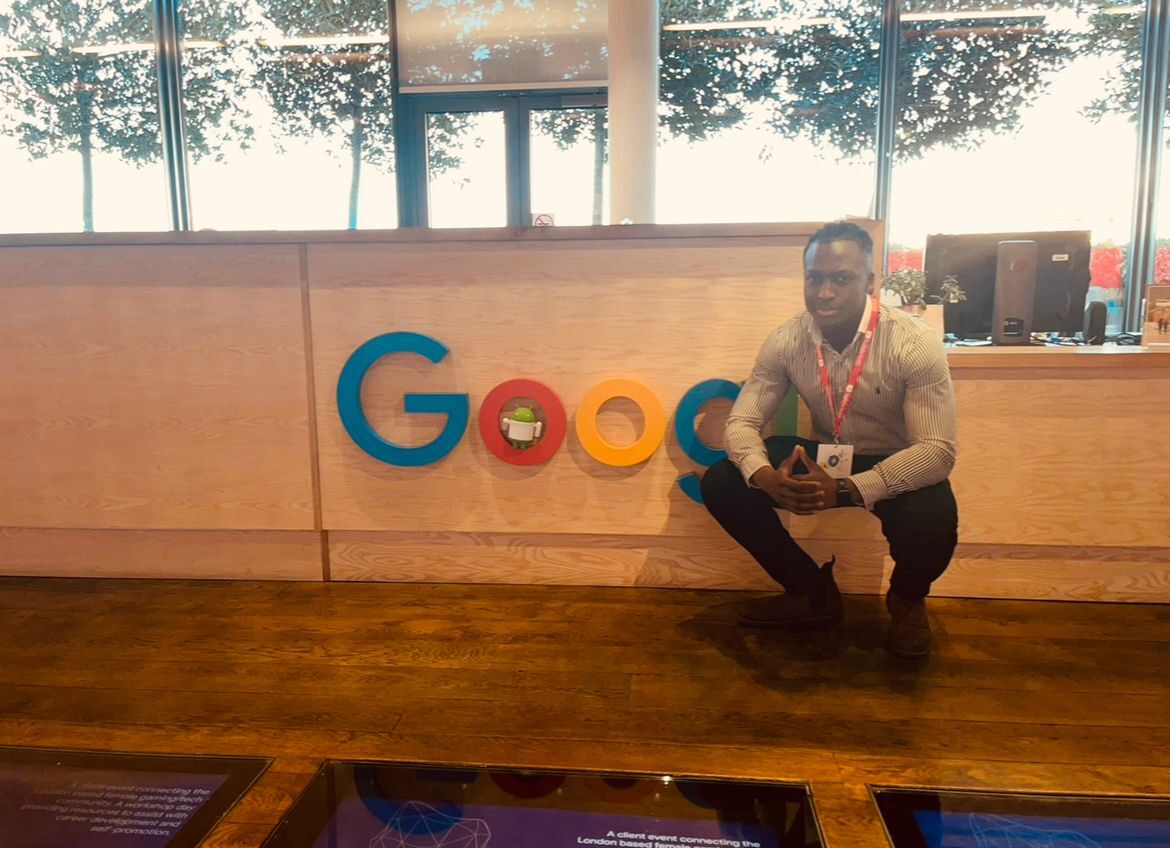Merging a Clinical carer with a career in Health Technology

I often get asked by doctors, budding medical students and allied health care professionals how they can merge their clinical career with a career in health technology. To summarise what could be organised into a full book and what chatgpt wont tell you , down to 3 points:
1. Being involved in university grade academia to some degree exposes you to the cutting edge of healthcare technology, data science and bioscience innovation and the possibilities thereof. You don’t have to be publishing papers or doing MScs, PhDs but being around those that are puts you ahead. Being involved in academia also exposes you to a paradigm of scientific thinking that side steps commercial interest/capitalism (to a point) and is arguable more honest, less waffly and more focused on true discovery.
2. Wider Breathe than depth of learning across technology domains. Each area of health technology doesn’t work in a silo and is very much part of an ecosystem of specialities and domains that fit together for a common goal/ value offering. It’s more valuable to grasp the bigger picture than falling down a technical rabbit hole and risking losing sight of the end goal.
3. Build, test, iterate and collaborate as much as possible on real life projects( paid or unpaid). Without this, learning a technology skills set is akin to doing a mba without setting foot in an actual business which happens a lot.
I hope that helps and I’ve just skimmed the surface, of course. I am involved in a number of academic projects and happy to point budding clinical health technologist in the right direction if needed.